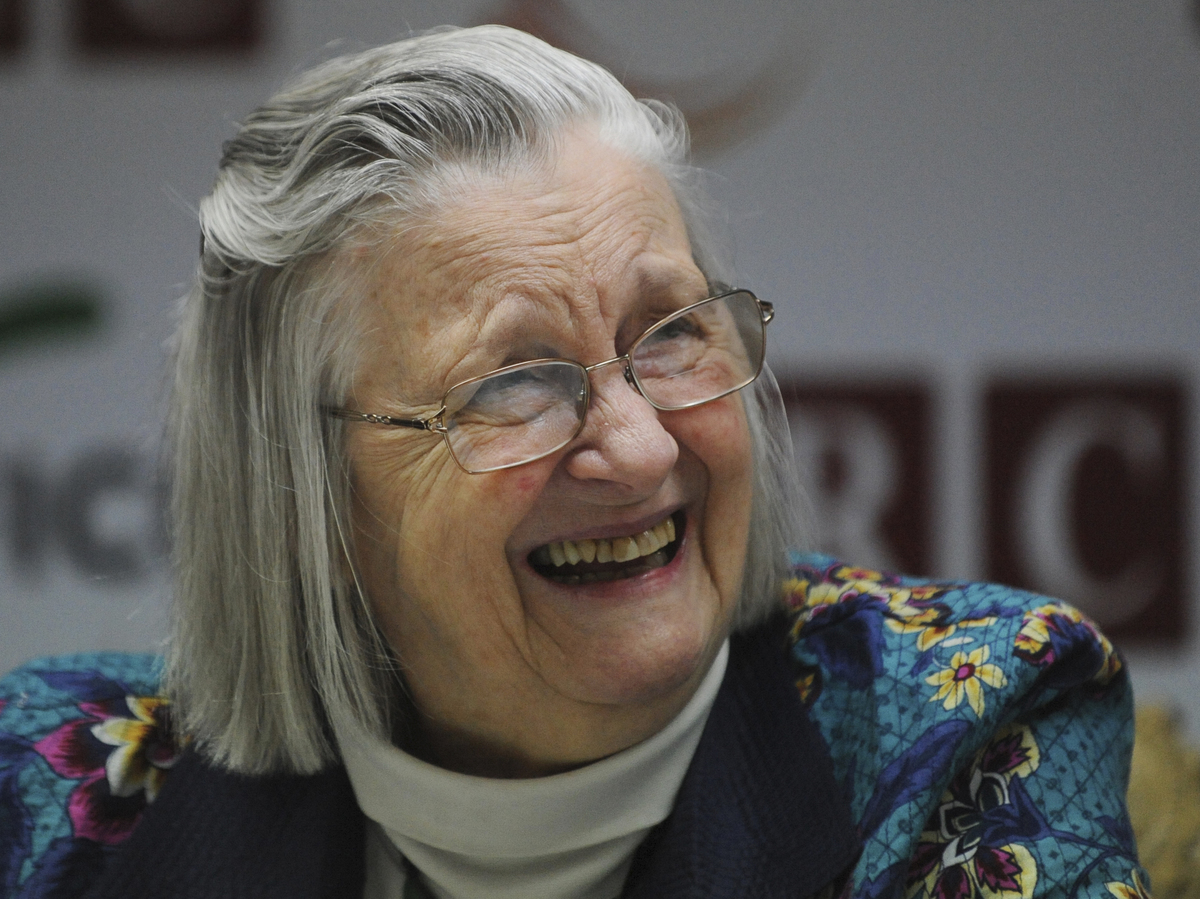
Someone asked me yesterday if the discovery nuclear fusion will mean we won't need degrowth anymore.
On the contrary, I think it underlines why degrowth is so important.
These 4 graphs show why.



On the contrary, I think it underlines why degrowth is so important.
These 4 graphs show why.




The short of it is, even if we invent a source of unlimited free energy, we are already crossing the boundaries of countless life support systems other than the carbon cycle.
In 2015, we had already crossed 3 planetary boundaries, including biodiversity.
In 2015, we had already crossed 3 planetary boundaries, including biodiversity.
Free energy won't solve that, we'll still need to transform and radically reduce our global material and energy use and destruction of ecosystems. In fact, it might speed it up.
#degrowth
#biodiversity
#nuclearfusion
#degrowth
#biodiversity
#nuclearfusion
• • •
Missing some Tweet in this thread? You can try to
force a refresh









